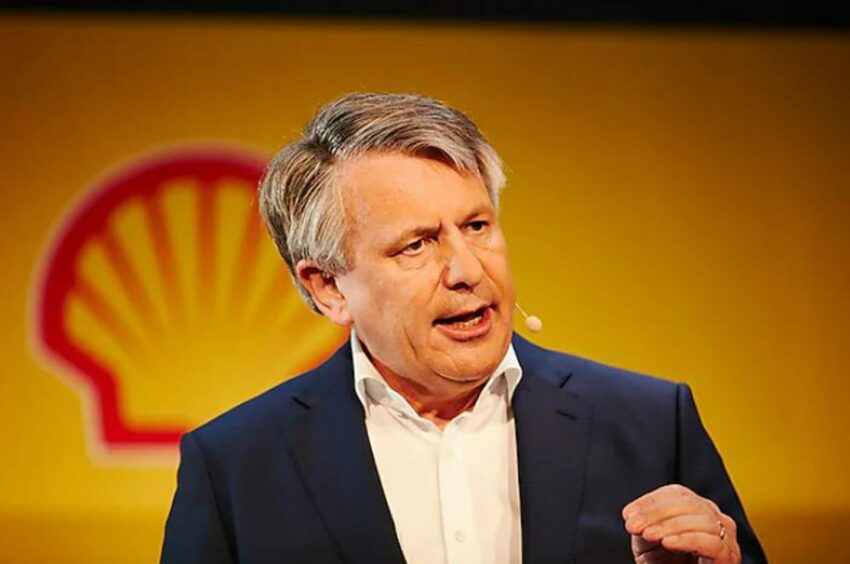
Shell (LON:SHEL) reported quarterly results below the bumper levels of the last quarter, but said it would hike its dividend and launch another $4 billion buyback programme.
The London-headquartered supermajor reported pre-tax profits of $11.4bn on Thursday – less than half the $26bn reported in Q2.
However, the quarter is unlikely to dent a stellar year in which total revenue has so far reached $285bn, while profits in 2022 to date now total more than $48bn.
Shell said lower LNG trading and optimisation results, lower chemicals and refining margins, and higher operating expenses were to blame. Yet it said the effects were partly mitigated by increased volumes from higher-value barrels in Deep Water.
Meanwhile, its buyback offensive continues, with distributions amounting to some $6.8bn during the quarter, completing the buyback programme announced during its last results.
Today it announced a further $4bn buyback, expected to be completed by the fourth quarter 2022 results announcement early next year.
Subject to board approval, the company said it would increase the dividend per share by an expected 15% for the fourth quarter 2022, which will be paid in March 2023.
Margins hit
By segment, lower trading volumes and higher prices led to a nearly $1bn slide in revenue within the group’s integrated gas arm. Shell also blamed a combination of “seasonality and supply constraints, coupled with substantial differences between paper and physical realisations in a volatile and dislocated market.”
Total output also showed a 2% slide on Q2, which Shell blamed squarely on industrial action at its Prelude FLNG facility off Australia.
Upstream oil and gas earnings were also down on Q2, but considerably higher than the same period last year, at $5.3bn. Shell again noted the impact of the UK’s Energy Profits Levy, for which it allotted charges of $361m during the quarter, though later clarified it was not liable for additional North Sea tax payments owing to heavy capital investment in the basin.
Upstream production was also lower at 1.7 million boepd – down from 1.9m – mainly driven by the derecognition of Salym in Russia and other deferments.
Tougher refining margins hit its chemicals and products business – telegraphed by the supermajor ahead of the results announcement – with earnings falling from $2.1bn to $980m. This reflected lower margins due to a recovery in global product supply ,higher feedstock and utility costs and higher operating expenses, it said.
Meanwhile, losses ballooned within the group’s renewable energy arm, from $173m in Q2 to over $4bn in Q3.
The company said this was again the result of lower trading and optimisation results for gas and power due to price volatility across North America, Europe and Australia, as well as higher operating expenses.
New CEO
The results will be the last overseen by outgoing chief executive Ben van Beurden, who will be succeeded by Wael Sawan on 1 January, 2023.
Mr van Beurden said the quarter had seen the company continue to deliver “robust results at a time of ongoing volatility in global energy markets.”
“We continue to strengthen Shell’s portfolio through disciplined investment and transform the company for a low-carbon future. At the same time we are working closely with governments and customers to address their short and long-term energy needs.”
Looking ahead Shell said it would maintain “disciplined cash capex”, with a range of $23-27bn forecast for full-year 2022, split evenly between its divisions.
Buybacks will ‘raise eyebrows’
Commenting on the results, Stuart Lamont of RBC Brewin Dolphin pointed to the company’s commitments to further buybacks and enhancing its dividend.
“While that is obviously good news for shareholders for now, it may well raise a few eyebrows in the current macro-economic circumstances,” he noted.
Marl van Baal of activist investor group Follow This said increased shareholder payouts showed “a lack of imagination” when Shell should be investing greater capital in the energy transition.
“The current windfall profits from high oil prices should be used to make the enormous investments in renewables that are needed to address the climate crisis and reduce dependency on oil and gas fields tied up in geo-political conflict,” he added.
“We still don’t see Shell using this once in a lifetime opportunity to invest in diversification to ensure the long-term future of the company.”
Uplift director Tessa Khan was firmer, arguing that “eye-watering profits” amid a fuel poverty crisis she said was “nothing short of immoral.”
She said the current “pitiful” Energy Profits Levy must be replaced with a credible alternative, without a “loophole” investment allowance.
“It is beyond time that this government stood up to profiteering oil and gas companies like Shell. We need a windfall tax and the money used to support those in need this winter, alongside a mass insulation programme to reduce gas demand, and a rapid switch to cheaper renewables, Ms Khan said.
Roberto Rivero, market analyst at Admirals suggested Shell’s results were only likely to add to calls such for greater measures, as the outlook for much of the rest of the economy darkens
“Furthermore, with the amount of U-turns and uncertainty in Westminster at the moment, it really wouldn’t be surprising to see a further windfall tax on energy profits in the near future,” he noted.
Recommended for you
